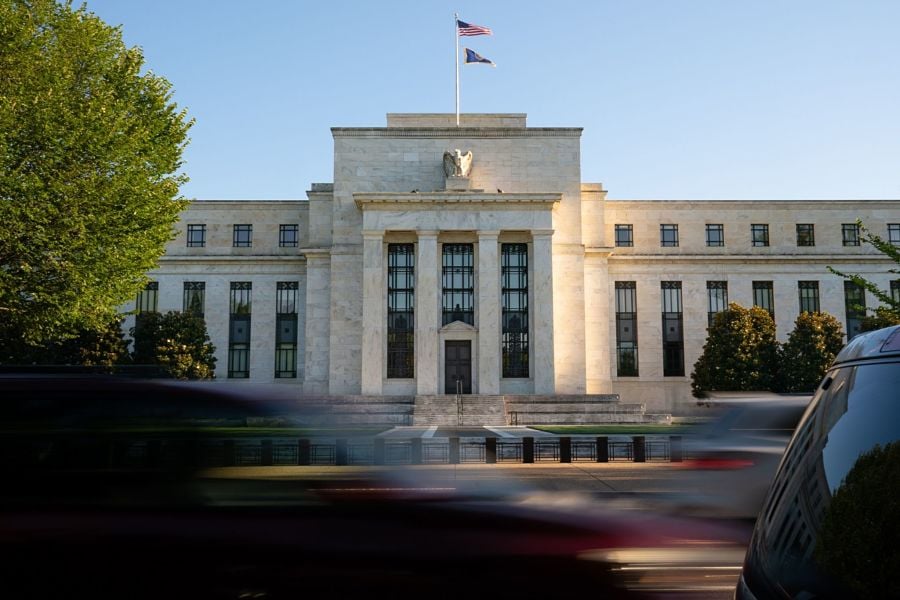

The Federal Reserve, in its quest to be as transparent as possible, has tamped down some of the numerous economic and market outlooks for 2022 by showcasing plans to hike interest rates as many as three times this year.
While some prognosticators, like Mike Reynolds, vice president of investment strategy at Glenmede Trust Co., say the Fed’s mid-December announcement “wasn’t inconsistent with our expectations,” others are adjusting on the fly.
“We see an economy that has grown strong enough that it can withstand removing the punch bowl,” Reynolds said, in a reference to the Fed’s extended low-interest-rate policy that has helped prop up the economy and forced investors into risk assets like stocks given the negative real yields of most bonds.
With inflation hovering around 6% heading into the new year, Reynolds thinks the Fed could get even more aggressive if a few rate hikes don’t do the trick of bringing inflation down at least a few percentage points “as we get into the meaty part of the year.”
Carl Ludwigson, director of manager research at Bel Air Investment Advisors, said as the Fed moves from being accommodative to tightening, “the degree of impact on asset prices will depend on the pace of that tightening.”
“The sensitivity of equities to interest rates is because the justification for relatively high valuations is low rates, and if that changes that would imply a repricing of multiples,” he said. “The only thing that makes equities look reasonably priced is that bonds are more expensive.”
Ludwigson points to the under-performance in 2021 of small-cap growth stocks as evidence that the market has already been pricing in higher interest rates on the horizon.
“Small growth has been punished this year because that’s the area where you find high valuation companies with low or no earnings,” he said. “Those story stocks are most sensitive to the change in interest rates.”
Ludwigson is in line with most market watchers in supporting equities over bonds, but with lower expectations for equities than in recent years.
Mike Lanier, managing director at Dial Capital Management, described the December comments by Fed Chair Jerome Powell as “dovish” enough to underscore the significance of inflation.
“He gave us assurances that he will be reactive and will always be reassessing, that’s dovish,” said Lanier, who added that the Fed comments “reaffirmed our existing outlook.”
“Inflation will moderate as [supply chain] bottlenecks go away,” he said. “The pandemic will also moderate. People need to recognize that globally, the pandemic is kind of a plus for the U.S. because we’re doing the least amount of lockdowns. It’s bad for the globe but we’re being better capitalists about it. We will open sooner and faster than the rest of the world when it’s finally gone, and that will be fuel for 2022.”
More articles in this series:

A new proposal could end the ban on promoting client reviews in states like California and Connecticut, giving state-registered advisors a level playing field with their SEC-registered peers.

Morningstar research data show improved retirement trajectories for self-directors and allocators placed in managed accounts.

Some in the industry say that more UBS financial advisors this year will be heading for the exits.

The Wall Street giant has blasted data middlemen as digital freeloaders, but tech firms and consumer advocates are pushing back.

Research reveals a 4% year-on-year increase in expenses that one in five Americans, including one-quarter of Gen Xers, say they have not planned for.
Orion's Tom Wilson on delivering coordinated, high-touch service in a world where returns alone no longer set you apart.
Barely a decade old, registered index-linked annuities have quickly surged in popularity, thanks to their unique blend of protection and growth potential—an appealing option for investors looking to chart a steadier course through today's choppy market waters, says Myles Lambert, Brighthouse Financial.
